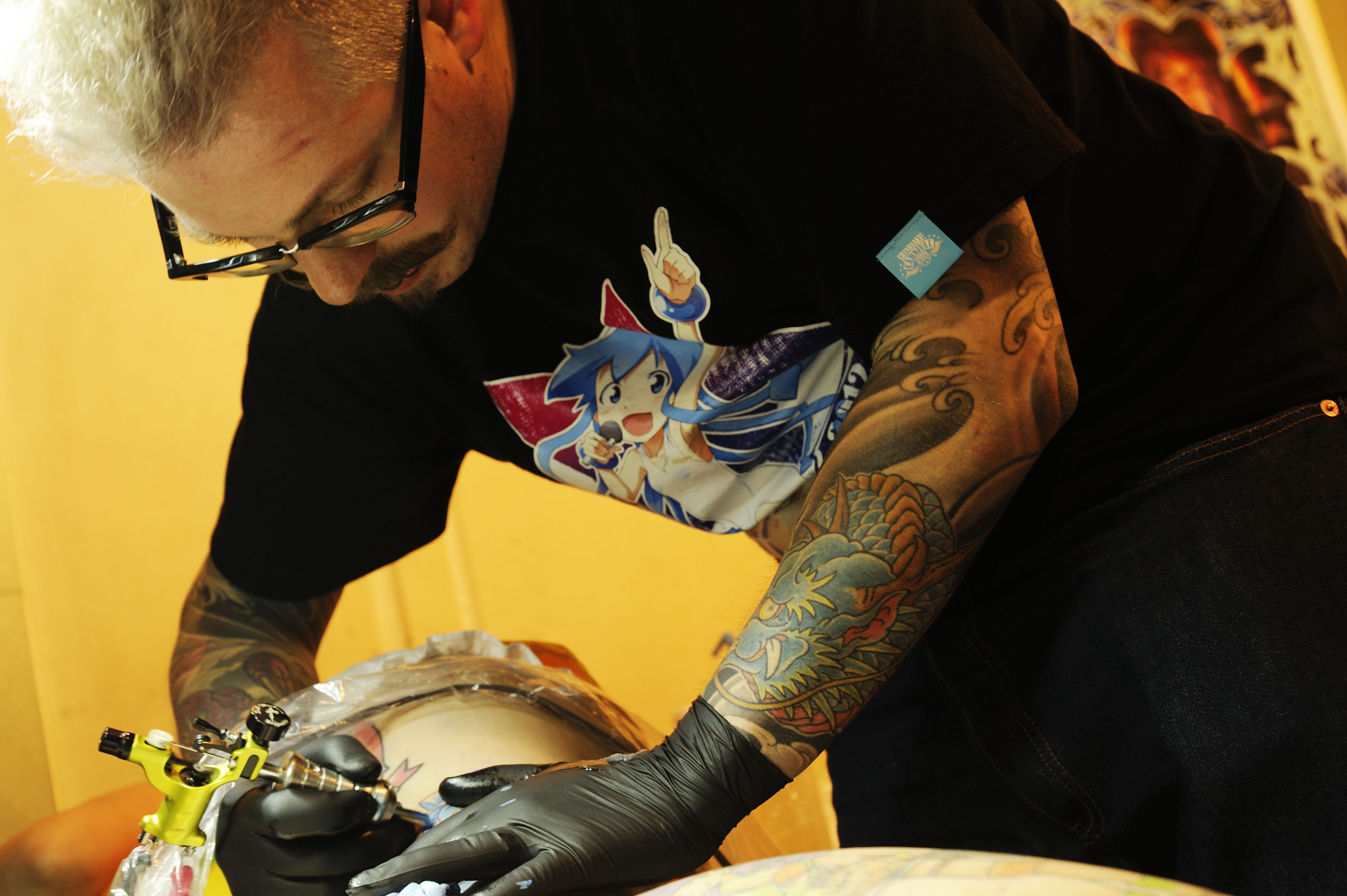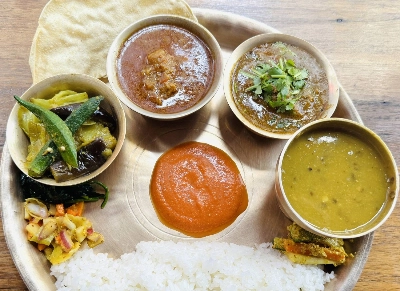Tattoos in Japan have long moved on from the kind often romanticized by the West — that imagery of flamboyant yakuza that so many seem reluctant to relinquish. But a brief glance at the policies of Osaka Mayor Toru Hashimoto reveals a nation still unwilling to allow tattoos into mainstream society — no-matter how many end up on the bodies of the younger generations.
Yet, for all the red faces this will likely to cause when tattooed Olympians find themselves turned away from public pools in 2020, the function of a tattoo defining oneself as outside mainstream society is not only accepted, but also welcomed by many already disillusioned by conventional norms — even if the placement and size of the piece makes the tattoo a very selective passport to temporarily opt-out of society.
There is a constantly evolving group of outsiders for which tattoos are a mainstay. But whether it is the aforementioned yakuza, or bikers, punks, rockabillies and rappers, reasons for getting a tattoo is the same, and it has become a remarkable counter-culture that was never meant to be appreciated by everyone. Nonetheless, as culture's tribes inevitably become gentrified, the search for true outsider status continues, and the current muse is divisive, even among the tattoo community.

















With your current subscription plan you can comment on stories. However, before writing your first comment, please create a display name in the Profile section of your subscriber account page.